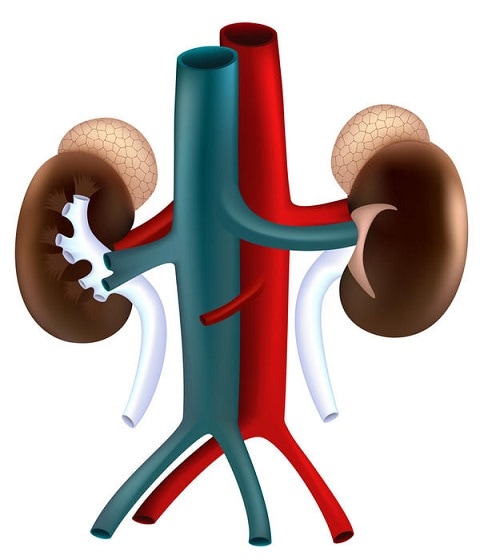|
Individuals having poorly functioning kidneys should consume restricted amounts of protein, sodium and potassium as per doctor’s recommendation. Following this nutritional plan can help prevent kidney disease from getting worse.
You need a customized plan to fit your health requirements. A registered dietitian nutritionist helps you fulfill this by mentoring your food preferences, lifestyle and special needs. Get in touch with an RDN at www.firsteatright.com to chalk out a customized plan for your body type. Protein Protein helps build, repair and maintain every cell in your body and can also supply energy when situation demands. Malfunctioning kidneys can’t handle as much protein. It is imperative to consume enough carbohydrates and fats to supply your body with all the required energy. With all this, the limited protein intake can be used completely to build and repair your cells. The modified diet should include balanced proportions of protein, carbohydrates and fat. Nuts, meat, poultry, fish, eggs, milk and beans are good sources of protein. Breads, cereals, seeds and vegetables are also packed with protein. Sodium Sodium has the characteristic to increase blood pressure and cause fluid retention. Individuals affected by kidney disease should be extra cautious as the extra sodium and fluid can build up in the body, thereby affecting your heart and lungs. The new diet would have an upper limit on the permissible amounts of sodium. Your RDN will teach you how to stay within this limit. Sodium is present in salt and many processed foods. Check the labels for salt content before purchasing. Make sure to check the labels of salt substitutes before using them as many of these substitutes contain potassium, which again needs to be restricted. Potassium Potassium, like sodium, should be present in the right quantities in your body. Malfunctioning kidneys can lead to increased potassium levels in your blood, subsequently affecting your heart rhythm. Hence, your new diet may include a potassium limit. Your RDN will help you to design your meal plan in such a way that you stay within your designated limit while eating nutritious food. Fruits, vegetables, nuts, beans and dairy foods are great sources of potassium. An RDN also helps you concentrate on other aspects of your diet to ensure balanced nutrition in your meals. These include:
0 Comments
Leave a Reply. |
AVOID FRAUD. EAT SMART.+91 7846 800 800
AuthorDietitian & Nutritionist Dr. Nafeesa Imteyaz. Archives
November 2022
Categories
All
Dr. Nafeesa's Blog @blogspot |
- Home
- Written Testimonials
- Consult
- Clinics
- Blogs
-
Diet & Nutrition
- Diabetes Reversal
- IVF IUI not needed for PCOS PCOD Infertility
-
Medical Nutrition
>
-
Disease & Conditions
>
- Infertility | PCOS
- Diabetes Mellitus
- Cholesterol
- Hypothyroid
- Kidney Problems
- Hypertension
- Cardiovascular Diseases
- Liver Diseases
- Gastro intestinal disorder
- Cancer
- Metabolic Disorders
- Orthopedic Disorders
- Eating Disorders
- Dietary Recall
- Weight Record Filled By Clients
- Online Payment Transaction Details
- Online Clients Weight Check Form
- Our Program Package Service Charges
- Weight Record 2017 Clients
- Measurements sent by Clients
- Terms & Conditions Of Payment
- Thanks. Your Form is Submitted
- Video Testimonials
- Lifestyle & Wellness
- Lifestyle & Wellness Blog
- Allergy & Intolerance
- Weight Loss / Gain
- Weight Loss / Slimming Blog
-
Disease & Conditions
>
- Life Cycle Nutrition >
- Sports Nutrition >
- Integrity in Nutrition
- Knowledge Centre
© COPYRIGHT 2022. ALL RIGHTS RESERVED. FRST HEALTHCARE PVT LTD.
Dr. Nafeesa Imteyaz of First Eat Right clinic, is the Best Dietitian Nutritionist in Bangalore. Best Dietitian Nutritionist in Pune. Best Dietitian Nutritionist in Hyderabad. Best Dietitian Nutritionist in Chennai. Best Dietitian Nutritionist in Mumbai. Best Dietitian Nutritionist in Delhi. Best Dietitian Nutritionist in Kolkata.


